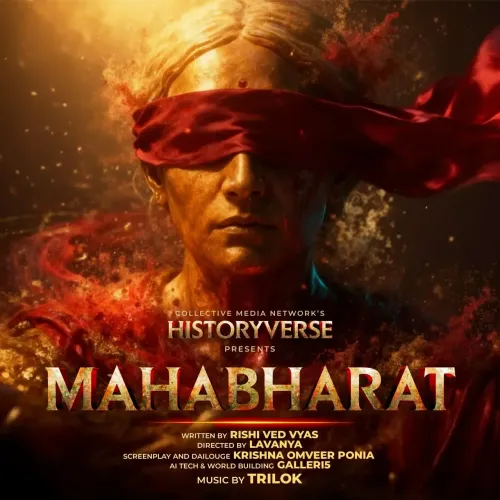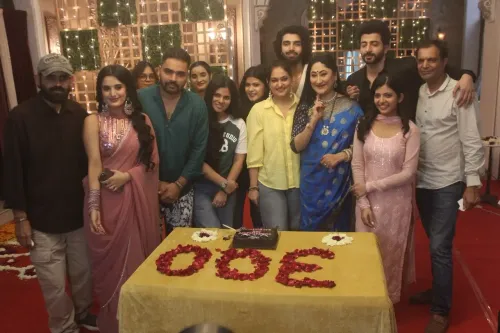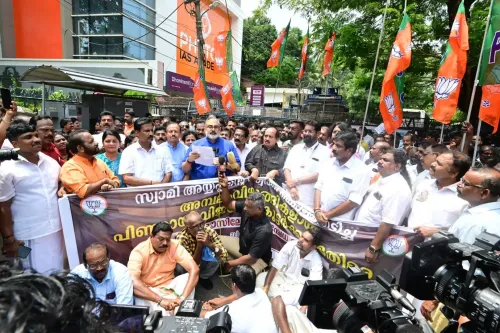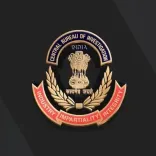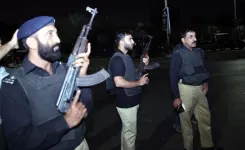Is the Bill for Removing Jailed PMs and CMs a Threat to Democracy?
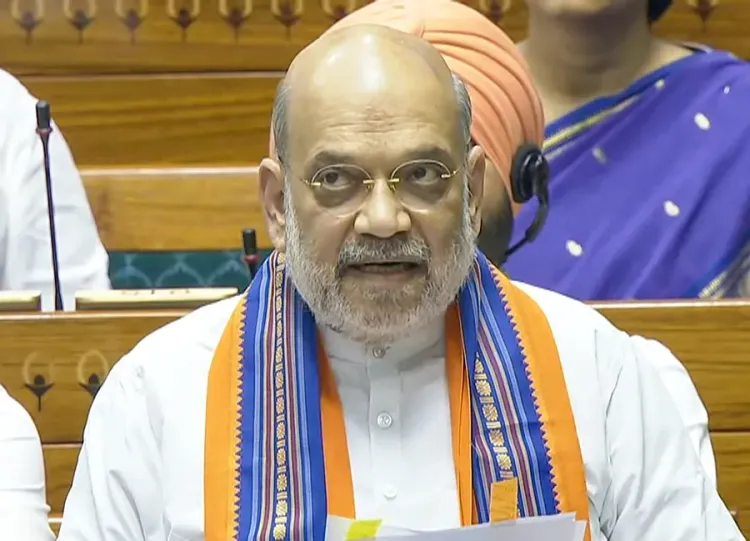
Synopsis
Key Takeaways
- Bill aims to remove jailed officials.
- Opposition warns of misuse.
- Concerns about undermining democracy.
- Political leaders divided.
- Potential for autocratic governance.
New Delhi, Aug 20 (NationPress) The Constitution (One Hundred and Thirtieth Amendment) Bill, 2025, presented by Union Home Minister Amit Shah, has been celebrated by the ruling BJP and its allies as a groundbreaking initiative demonstrating the government’s zero-tolerance policy towards corruption. Nonetheless, the Opposition has labeled it as anti-justice, unconstitutional, and irrational, cautioning that it holds significant potential for misuse against political adversaries and could lead to autocratic governance.
The landmark Bill introduced in the Lok Sabha stipulates the automatic removal of imprisoned Prime Ministers, Chief Ministers, and Union Ministers from office if they remain incarcerated for over 30 consecutive days on serious criminal charges.
Minister Shah also brought forward two other essential Bills; however, it was this proposed amendment that kindled heated debates.
Union Minister Ramdas Athawale expressed strong support for the Bill. “This Bill is crucial, and the government will ensure its passage. Individuals convicted of serious crimes like murder or rape should not occupy such esteemed positions. Those in high offices must possess good character,” he remarked.
BJP MP Dinesh Sharma commented, “This underscores the government’s zero-tolerance policy against corruption.”
JD(U) MP Sanjay Kumar Jha also endorsed it, stating, “This is a commendable step. We have yet to see the full text, but reports suggest it’s a necessary measure.”
Contrarily, opposition leaders criticized the Bill as draconian. JMM MP Mahua Majhi asserted, “This is an attempt to dismantle democracy. It is inappropriate to convict and overthrow governments in this manner, ensuring a one-party rule in the country. We will staunchly oppose this.”
Congress MP Renuka Chowdhury denounced the government for hastily introducing the Bill: “Was it presented appropriately? Was there any discussion? Suddenly, it’s laid before us — are we mere subjects? The voice of democracy is robust, and we will resist this.”
Trinamool Congress MP Kalyan Banerjee termed it unconstitutional and undemocratic, adding, “Their actions contradict the essence of democracy. This Bill must face opposition.”
Samajwadi Party MLA Ravidas Mehrotra harshly criticized, “This Bill is anti-justice, unconstitutional, and irrational. It aims to impose autocracy, allowing the Prime Minister to punish any Chief Minister and replace them at will.”
Congress MP Manish Tewari raised significant constitutional concerns. “The Bill undermines the foundational structure of the Constitution due to its potential for misuse. It violates Article 21, which guarantees due process, and threatens the principle of collective Cabinet responsibility to the Legislature,” he stated.
Congress MP Tariq Anwar insisted that the proposal undergo a thorough review by a Standing Committee. “This is a controversial Bill that requires comprehensive examination before even considering its implementation,” he argued.
AAP leader Saurabh Bharadwaj linked the Bill to previous attempts to destabilize governments led by the Opposition. “This is not a new scheme. Arvind Kejriwal had warned that if he resigned, the Centre would fabricate charges against AAP leaders, imprison them, and destabilize the Delhi government. This is precisely what is unfolding now — a strategy to undermine Opposition governments through legal manipulation,” he noted.
Former Chhattisgarh Chief Minister Bhupesh Baghel shared similar apprehensions, stating, “This Bill aims to control ministers and chief ministers nationwide. Should such a law be enacted, bail could be delayed for five months or longer, resulting in automatic loss of office. This legislation is designed to centralize power and exert control.”

